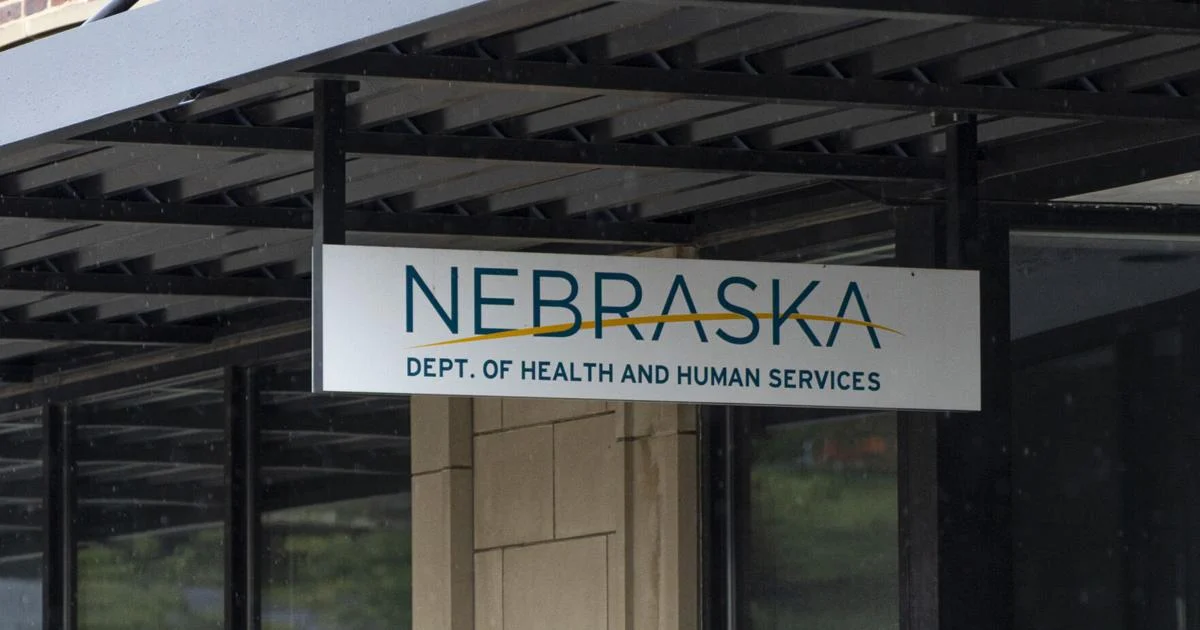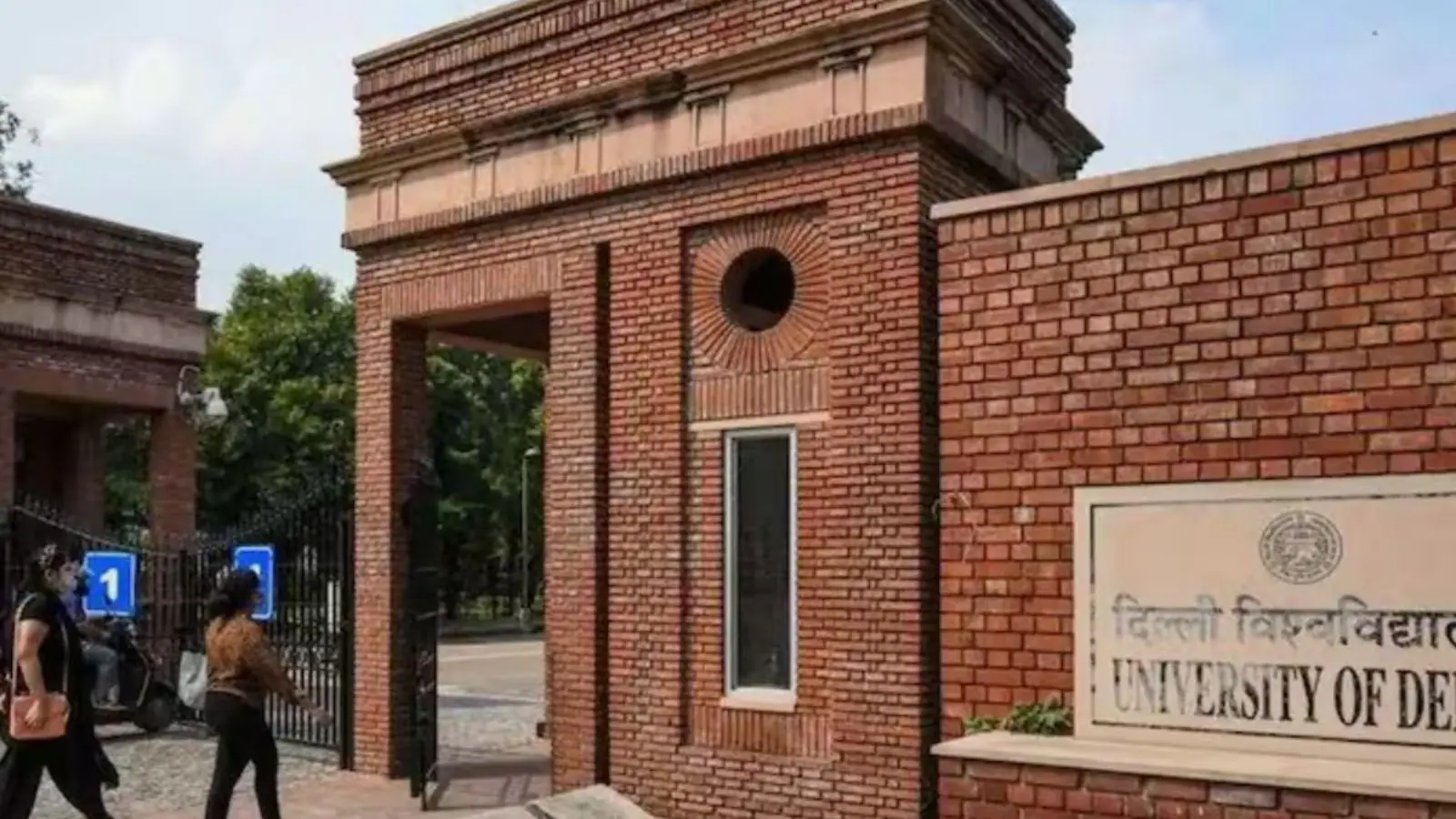
More than half of Nebraska children who are removed from their homes by the state move in with relatives or family friends under a process known as relative or kinship placements, which account for 55% of the state’s foster care homes.
For years, the adults thrust into foster parenting through such placements — who often agree to take in children alleged to have been abused or neglected with little prior notice — have relied on state-contracted providers for all sorts of support services, particularly in Southeast Nebraska, where more than half of the state’s children in out-of-home placements live.
The state-contracted providers might take a child to school for a new foster parent who did not expect to be caring for them even a day earlier. They might deliver diapers to a new foster home that doesn’t have any.
They might be “doing training on the fly” for a caretaker who does not understand “why a child who’s suffered trauma acts or behaves a certain way,” said James Pruch, the CEO of Christian Heritage, a Walton-based organization that contracts with the state to provide direct support to relative and kinship foster families.
But the state will soon replace those providers with state employees in a cost-cutting move that Nebraska’s Department of Health and Human Services has said will save the state more than $10 million per year — a change that providers and watchdogs are both skeptical and fearful of.
In a July 10 memo to providers obtained by the Journal Star, Alyssa Bish, HHS’s director of Children and Family Services, said the department had determined the state “could effectively serve relative and kinship foster homes at about half the cost of what is currently paid to providers.”
The move has alarmed providers, including Pruch, who was among nearly two dozen providers who penned a letter to Bish and lawmakers earlier this month raising “serious concerns” about the plan and what it will mean for the state’s most vulnerable children.
“Obviously, this is happening purely because of budgetary reasons,” Pruch said. “But when it comes to children and families, should money be the main driver of that decision? And I would say no.”
Watchdogs, too, have questioned how the state could provide the same level of care as providers at half the cost.
In a bulletin sent in late July, HHS projected the move would cut the cost of providing the services by 37% in the first year and 52% in subsequent years for an annual savings of more than $10.3 million — but provided no insight into how it will cut costs.
“I asked how they calculated that. ‘Could I see the math?'” said Monika Gross, the executive director of Nebraska’s Foster Care Review Office, who said HHS officials have yet to explain their calculus. “I still don’t know. I mean, logic would say you can’t just flip a switch and cut costs by 50% overnight.”
In a statement, Jeff Powell, an HHS spokesman, said the department “continuously reviews all programs and operations to find ways to improve and streamline services and save taxpayer dollars” under the direction of Gov. Jim Pillen, a Republican who has signaled plans to seek a 10% cut to the state’s general fund budget next year as Nebraska faces a $311 million deficit.
In his statement, Powell said the department will utilize “an evidence-based model” known as the Arizona Kinship Navigation model “to provide ongoing support to relative and kinship families which enhances quality for families and provides an increased match in federal funds.”
He said Bish and other Children and Family Services leaders “recently spent the day with providers in York to hear their concerns and feedback and are ‘committed to continued dialogue.'”
“DHHS deeply values the expertise and dedication of the Nebraska CFS provider network and looks forward to an ongoing partnership to continue keeping kids safe and supporting families,” Powell wrote.
But soon, one facet of the state’s partnership with providers — many of which contract with the state to provide numerous services, not just relative or kinship placement management — will end.
In the July memo, which Bish sent to providers nine days after new two-year contracts to provide the same services took effect, Bish told providers the state would halt new referrals for the services starting Oct. 1 and take over the management of any remaining relative or kinship placements by early 2026.
Nearly 1,600 Nebraska children were in relative or kinship placements as of June 30, though those figures fluctuate daily. Another 1,231 children were in non-relative foster homes.
In their letter to lawmakers earlier this month, providers said the state would offer fewer staff dedicated to supporting those hundreds of families than contractors do.
They said state providers would serve 15 to 25 families — which often include multiple children — while contracted providers typically serve 15 to 22 children.
They said contracted providers, who offer round-the-clock assistance and “are better connected to community resources,” are better suited to help families than state employees, who aren’t on call overnight.
They warned the move “is not in the best interest of families, children, or even the state’s budget.”
And, providers warned, Nebraska’s child welfare system will lose the checks and balances inherent in the current model, in which state caseworkers and licensed providers have contact with families.
Soon, HHS alone will care for the families and oversee their cases.
“They do it themselves,” said Jim Blue, the president of Cedars Youth Services, a Lincoln-based nonprofit that has been serving children for 78 years. “There’s no licensure. There’s no accreditation. There’s no oversight on the work, and even if their math does add up, what they’re cutting out is the quality for our community’s kids.”
Blue, who has led Cedars for nearly 30 years, said he had lost sleep over the change.
“I’ve seen a lot in terms of new initiatives by the Department of Health and Human Services,” he said, “and this one has me more worried for the kids than any I remember.”
Reach the writer at 402-473-7223 or awegley@journalstar.com. On Twitter @andrewwegley
Love
0
Funny
0
Wow
0
Sad
0
Angry
0
Get Government & Politics updates in your inbox!
Stay up-to-date on the latest in local and national government and political topics with our newsletter.
* I understand and agree that registration on or use of this site constitutes agreement to its user agreement and privacy policy.
Andrew Wegley
State government reporter
Get email notifications on {{subject}} daily!
Your notification has been saved.
There was a problem saving your notification.
{{description}}
Email notifications are only sent once a day, and only if there are new matching items.
Followed notifications
Please log in to use this feature
Log In
Don’t have an account? Sign Up Today



